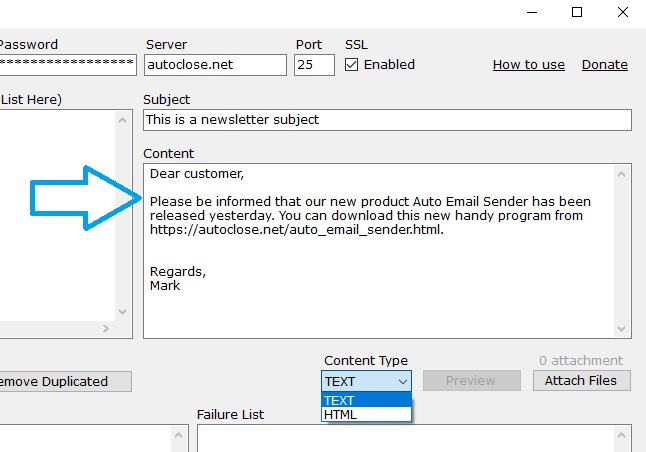


Sharing strategic approaches and intelligence to assist each other with global investigations will help to combat spam text messages on a global front. The ACMA has also recently announced that they will be working together with the Canadian Radio-Television and Telecommunications Commission to assist each other with investigations into unlawful telemarketing and spam. Furthermore, the Australian Communications & Media Authority (ACMA) has established an action plan and Scam Telco Action Taskforce to help the industry respond to increasing levels of scams. By making amendments to the Telecommunications (Interception and Access) Act 1979, telcos are now able to block SMS messages going through to consumers if the messages look like they’re a scam. A press release from the Minister of Communications has highlighted that the government will be partnering with industry to stop scam text messages. What is the Government doing to stop scam text messages?īecause scam text messages have become such a significant issue, the government has announced several measures that aim to limit the amount of scam text messages reaching Australians. You need JavaScript enabled to view it.įor more information, visit the ACMA's website.

They should include a mechanism to opt out, such as texting back “stop.” If you continue to receive messages from a business even though you’ve unsubscribed or opted out, or you have not consented to signing up you can complain to the Australian Communications and Media Authority (ACMA) via This email address is being protected from spambots. Spam texts often advertise sales or other offers. Spam text messages are unwanted communications that usually come from a legitimate business.
#AUTO TEXT COPY FAST SPAM INSTALL#
In addition, clicking links that look suspicious can allow scammers to access your device and install malware (malicious software), which can give them access to information that should be kept private. Giving up this information can expose you to the risk of identity theft or being defrauded. The person sending the text may try and get you to hand over personal details or click an unsafe link. Scam texts are malicious messages sent by cybercriminals to try and deceive you. It can be tricky to spot the difference between scam and spam text messages because they can look very similar. Knowing the difference between a scam SMS and an annoying marketing message is key when it comes to identifying which steps to take to reduceĪnnoying messages and stay safe from harmful ones. While both the government and the telecommunications industry have announced that they’re looking into solutions for this problem, there are still a few things you can do to keep yourself safe. According to that report, text messages are now the most popular method for scammers to target people. Scamwatch reports that Australians lost over $1.4 million to scam text messages in January alone. However, some text messages can be sent with the intent to cause harm and need to be treated with caution. Unwanted text messages can be incredibly annoying, especially when it feels like you can’t do anything to stop them.


 0 kommentar(er)
0 kommentar(er)
